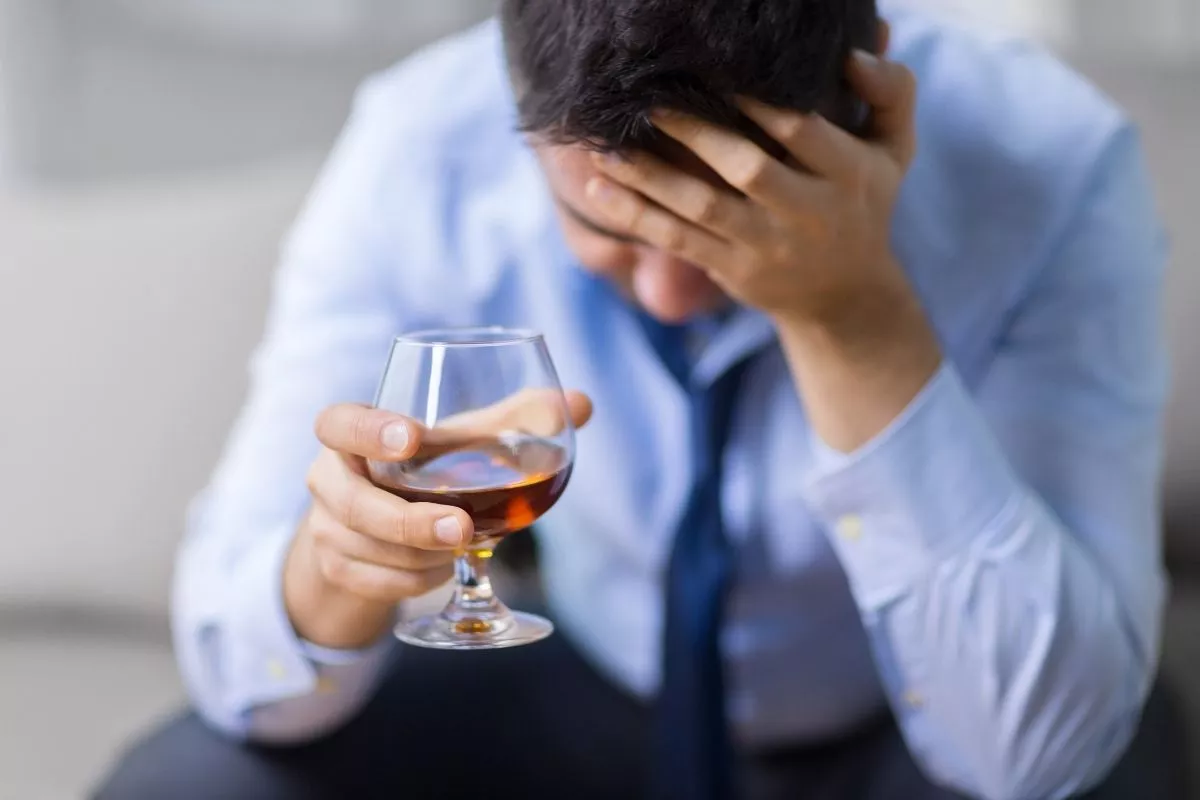It’s no secret that work stress can lead to heavy drinking. But what happens when the drinking gets out of control and starts to interfere with your job? In this blog post, we will explore the connection between work stress and heavy episodic drinking. We will also provide some tips on how to cope with work stress in a healthy way.
The connection between work stress and heavy drinking
There is a strong connection between work stress and heavy drinking. When people are under a lot of stress at work, they often turn to alcohol to cope. This can lead to heavy episodic drinking, which can have negative consequences on both your health and your career.
If you find yourself drinking heavily because of work stress, it’s important to find other ways to cope with the stress. This may include talking to a counselor or therapist, exercise, or relaxation techniques. If you don’t address the underlying cause of the problem, you’ll likely continue to turn to alcohol as a way to cope, which can lead to even more problems down the road.
How to cope with work stress without turning to alcohol
It can be difficult to cope with work stress without turning to alcohol. For some people, drinking alcohol is a way to relax and relieve tension. However, drinking too much alcohol can lead to problems such as liver damage, brain damage, and addiction. If you are struggling to cope with work stress without turning to alcohol, there are a few things you can do:
-Talk to someone you trust about your stress. This might be a friend, member of the family, a therapist, or a counselor. Talking about your stress can help you understand it better and find ways to deal with it.
-Exercise regularly. Exercise releases endorphins that can improve your mood and reduce stress.
-Eat a healthy diet. Consuming wholesome foods makes it easier for your body to handle stress..
-Get enough sleep. Sleep gives your body and mind time to rest and heal from the day’s events.
-Avoid drugs and tobacco. These substances can make stress worse and lead to other health problems.
The dangers of heavy episodic drinking
Heavy episodic drinking, also known as “binge drinking,” is a pattern of excessive alcohol consumption that can lead to serious health problems.
Binge drinking is defined as consuming five or more drinks in a short period of time for men, and four or more drinks in a short period of time for women. This type of drinking can quickly lead to intoxication and poses serious risks to your health, including:
-Increased risk of accidents and injuries
-Increased risk of chronic diseases such as liver disease and cancer
-Weakened immune system
-Brain damage
If you are struggling with heavy episodic drinking, it’s important to seek help from a medical professional. They can help you develop a plan to cut back on your drinking and avoid the dangers associated with binge drinking.
How to get help for a drinking problem
If you’re struggling with a drinking problem, it’s important to reach out for help. There are numerous services available to assist you in kicking your addiction and regaining control of your life.
Alcoholics Anonymous is one of the most well-known and effective resources for those struggling with alcoholism. AA offers support groups and 12-step programs to help people recover from addiction.
There are also many counseling and therapy options available for those struggling with alcoholism. Counselors can assist you in identifying the underlying causes of your addiction and creating a strategy to beat it. Therapists can also provide support and guidance as you work to recovery.
If you’re not sure where to start, reach out to your doctor or a mental health professional for guidance on getting the help you need.
Conclusion
There is no doubt that work stress can lead to heavy episodic drinking. If you find yourself in this situation, it is important to seek help from a professional. There are many resources available to help you deal with work stress and avoid turning to alcohol as a coping mechanism. With the right support, you can overcome this problem and get back on track.



